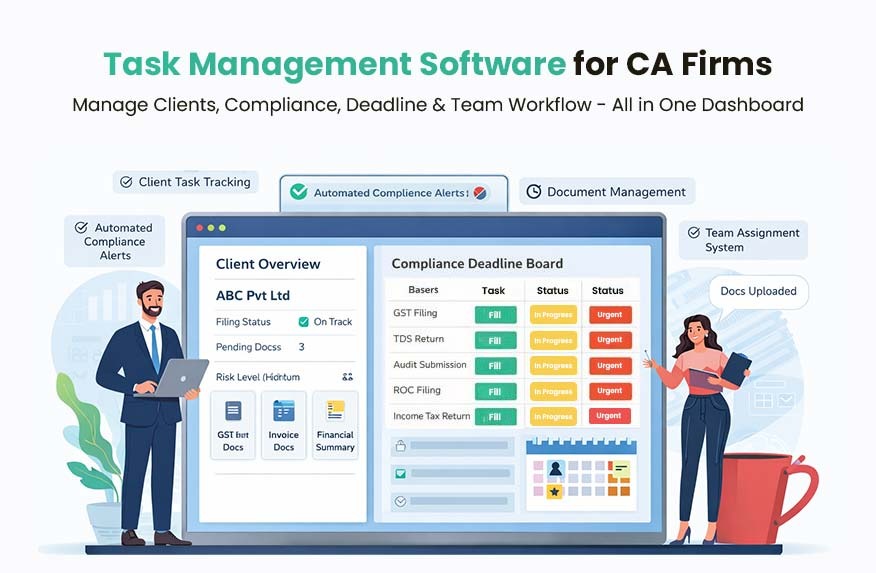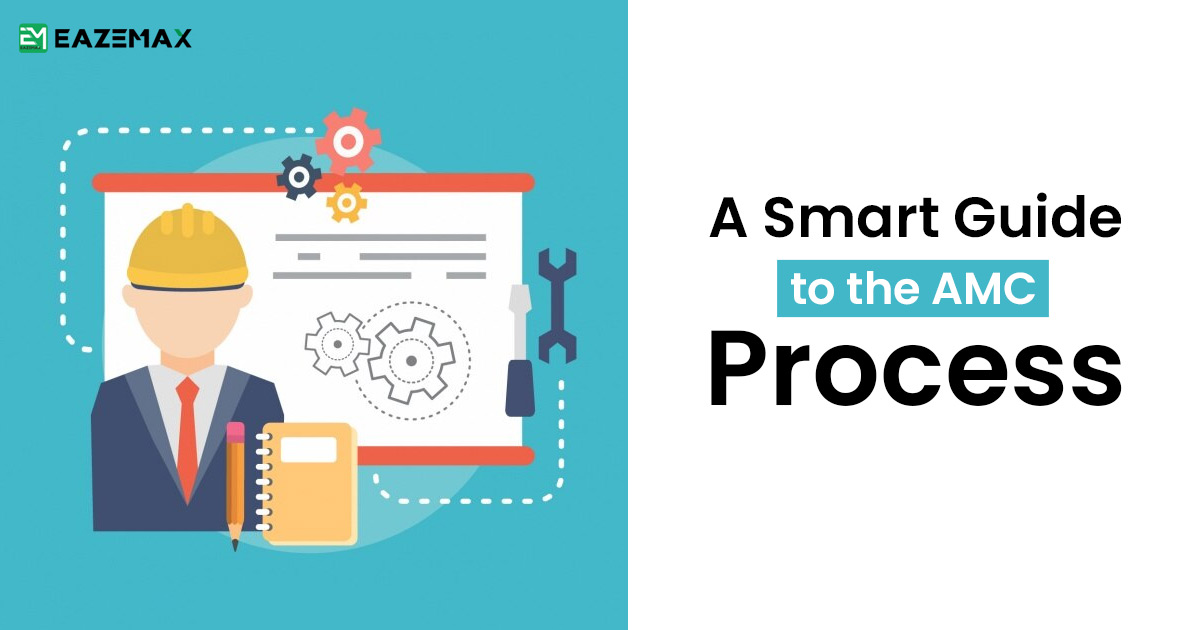
The Payment of Bonus Act, 1965 regulates the payment of bonuses to employees in establishments based on profitability and productivity. This Act applies across India to establishments where twenty or more employees are employed on any day during the year. Below is a detailed overview of its key features.
Bonus Applicability
- The Act applies to factories or establishments with twenty or more employees during any day of the year.
- Non-profit organizations are exempt from this Act.
- Employees with a salary or wages of up to ₹21,000 per month are covered.
- It includes employees engaged in skilled, unskilled, managerial, or supervisory work.
- Employees must have worked for at least 30 days within the year to be eligible.
The Quantum of Bonus
- The minimum bonus payable is 8.33% of the annual salary.
- The maximum bonus is 20% of the salary for the accounting year.
Penalties and Offences
- Violations of the Act may lead to imprisonment for up to six months, a fine of ₹1,000, or both.
- Failure to comply with official directions or requisitions incurs similar penalties.
- In cases involving companies, directors, partners, or responsible officers are held accountable unless they demonstrate a lack of knowledge or due diligence.
Commonly Bonus Act. Frequently Asked Questions
Q.1 Who is Eligible for a Bonus?
Employees earning up to ₹10,000/month who have completed 30 days in an accounting year are eligible. Apprentices under the Apprentice Act are not eligible.
Q.2 On Which Salary Components is the Bonus Calculated?
The bonus is calculated on Basic Salary and Dearness Allowance (DA).
Q.3 Do Start-up Organizations Need to Pay a Bonus?
During the first five accounting years, a start-up is required to pay bonuses only in years where it makes a profit. The set-off and set-on provisions do not apply during this period.
Q.4 What is the Time Limit for Paying a Bonus?
A bonus must be paid within 8 months from the end of the financial year.
Q.5 Can Bonuses be Paid Monthly?
Yes, some companies opt to pay bonuses monthly, e.g., 8.33% of ₹3,500 (₹292) or 20% of ₹3,500 (₹700). This increases employees’ in-hand salaries and manages the company’s bonus liabilities.
Q.6 When is an Employee Disqualified from Receiving a Bonus?
Employees are disqualified if dismissed for:
- 1. Fraud
- 2. Riotous or violent behavior on company premises
- 3. Theft, misappropriation, or sabotage of company property
Q.7 Which Institutions are Exempt from Paying Bonuses?
Exempt institutions include:
- Hospitals
- Social welfare institutions
- Chambers of Commerce
- Indian Red Cross Society
- Universities and educational institutions
Q.8 How are Working Days Calculated for Bonuses?
Days count even when the employee was:
- Laid off under an agreement
- On paid leave
- Temporarily disabled due to work-related injury
- On paid maternity leave
Q.9 Can Different Bonus Percentages be Applied to Different Employee Groups?
No, the bonus percentage must be uniform for all eligible employees under the Act.
Manage Compliance with EazeMax
With EazeMax, managing bonus compliance requirements becomes effortless. The software ensures you meet legal obligations accurately and on time, while also handling personal management tasks efficiently. It enhances your operational workflow, minimizing risks and maximizing productivity.
In conclusion, EazeMax stands out as an all-in-one solution for both statutory compliance and personal management. This versatile software simplifies the management of critical statutory requirements like PF (Provident Fund) and ESI (Employees’ State Insurance), ensuring compliance with government regulations effortlessly. It allows businesses to seamlessly handle employee benefits and welfare, reducing administrative workload and minimizing the risk of non-compliance.
Disclaimer: The information provided here is sourced from reliable and verified resources and published after careful review. However, any inaccuracies or changes in details should be regarded as human error. Our blog aims to deliver updated content, and we welcome any queries related to the blog’s subject matter. Please note that we do not offer consultancy services and, therefore, cannot respond to such requests. Our responses are based on practical insights, and we recommend cross-verifying information with professional authorities for complete accuracy.




